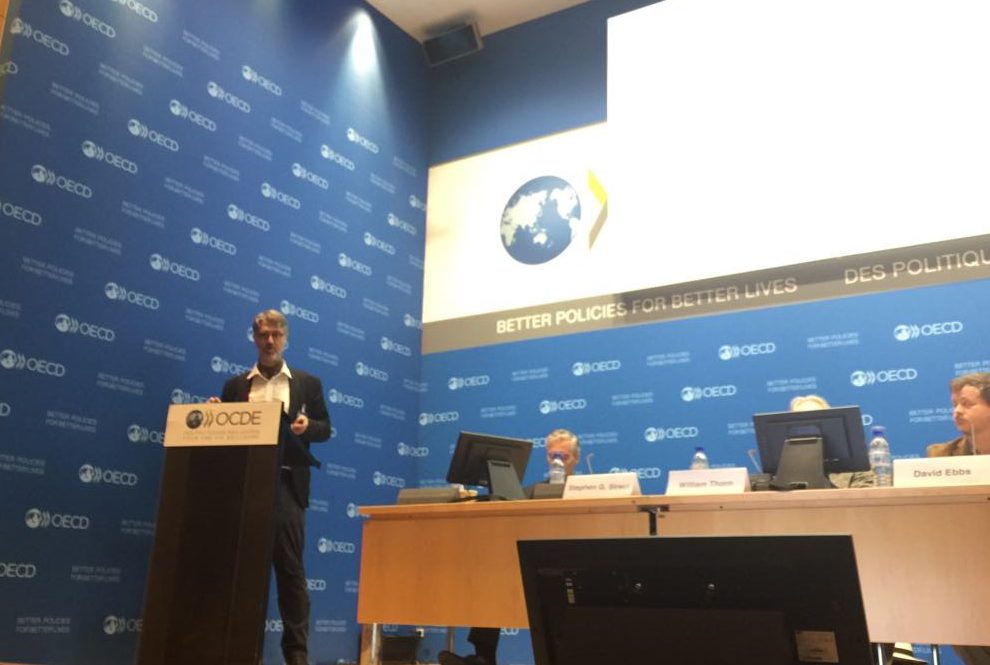
Report of OECD-GESIS seminar on translating/adapting instruments in large-scale assessments now published
by Pisana Ferrari – cApStAn Ambassador to the Global Village
The translation and adaptation of measurement instruments is of vital importance in achieving comparability of data in large-scale assessments. What is meant by “comparability” and how can translations be produced that meet the objectives for comparability? This was the overarching question at a methodological seminar series organised by the OECD, in collaboration with GESIS, to foster discussion among the main stakeholders (including ourselves) involved in designing, managing, and analyzing large-scale assessments.
The seminar reflected current thinking about translation quality and comparability, i.e. that it should start at the development stage of the source instrument and not just at the translation stage. Translatability or other comparability issues can only be detected once the translation process has started, and by then it is often too late to modify the source instrument to counteract them. Time spent optimizing the source version has proven to drive quality of translated texts and save time “downstream”. Optimal results can only be achieved if test developers, psychometricians, translation experts, and IT/platform experts collaborate early on.
“That was one impressive OECD-GESIS seminar, with a stellar cast”, comments cApStAn CEO Steve Dept. (…) Thank you very much to Dorothée Behr and Anouk Zabal for compiling and disseminating the meeting report.”
We reported on the seminar in June 2018 in an article for our blog titled “Looking at Comparability from the Vantage Point of Translation and Adaptation”, https://bit.ly/39pMkr2
The seminar report is available at this link: https://bit.ly/2QxbP12
Photo: cApStAn CEO Steve Dept presenting at the OECD-GESIS seminar, OECD headquarters, Paris June 7-8, 2018